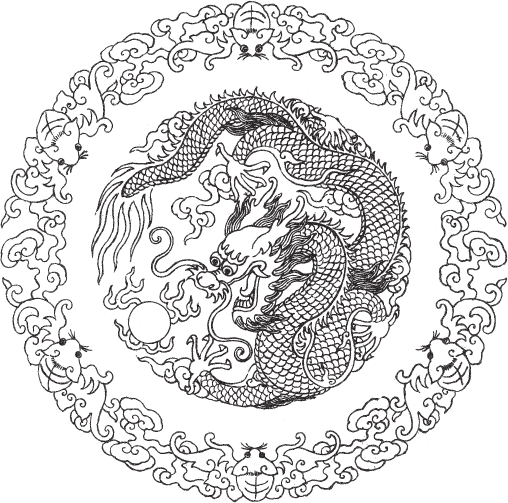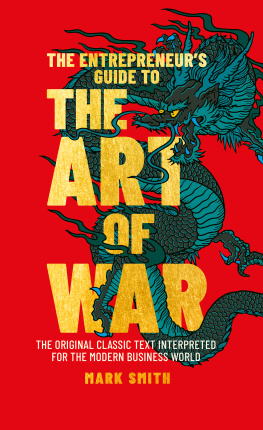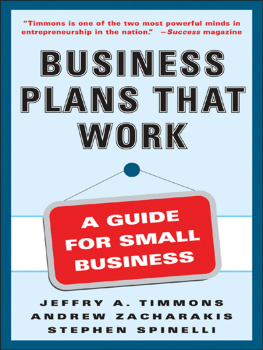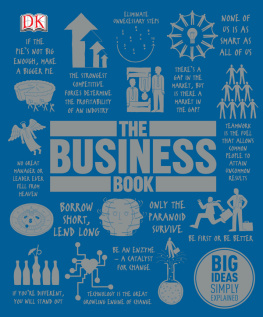

INTRODUCTION
For more than two millennia, Sun Tzus The Art of War has influenced the thinking of some of historys most successful decision-makers.
Originally scribed as a guide to achieving military victory while incurring minimal losses or ideally not fighting at all, it offers timeless lessons around strategy, tactics, the importance of wisdom and the marshalling of resources. It has been adopted in many spheres, from business and politics to sport and science.
Scholars believe the text was written by Sun Tzu, a general working for the Wu state in ancient China, but mystery still surrounds the exact year when The Art ofWar was written. Common consensus states it may have been between 475 and 221 BCE.
SUN TZU FOR BUSINESS
So how can an ancient text that talks of soldiers, sieges and sovereigns be translated for a business audience in the 21st century and as an entrepreneur, why should you care?
After all, entrepreneurs are busy people.
They are usually time-poor and prefer to invest what little time they have in running and building their business. But consider what could be achieved by taking a step back and truly understanding the fundamental principles of strategy that underpin success.
Consider too how these timeless teachings can help you plan for success over the short, medium and longer term and help you to:
understand how to enter a new market;
outshine competitors;
inspire the loyalty of your staff as well as the devotion of customers and clients;
adapt to changing or even chaotic market conditions;
develop long-term strategies for success.
All of these business principles and more are underpinned by exactly the same values as those taught by Sun Tzu all those years ago. So first let us look at the underlying principal tenets of Sun Tzus Art of War, all of which are timeless and focus on several key, recurring themes.
AVOIDING CONFLICT
Perhaps the most important thing to understand before delving into what The Art of War is, is to understand first what it is not. The Artof War is not a call to arms which paints conflict as something to be glorified. Nor does it deal in-depth with how to deploy military tactics and equipment.
Indeed, one of the many unique aspects of Sun Tzus philosophy is that, unlike many of the generals and masters of war who came before or who have followed since, he did not view conflict and combat as a route to glory.
Instead, he counselled avoiding military confrontation wherever possible and taught that the enemy could be vanquished before a single arrow was ever fired in anger. This was done by understanding yourself, your rivals and the wider situation. By doing so, you could plan your way to success.
Indeed, Sun Tzu believed that capturing the enemys ground without waste or unnecessary effort or bloodshed was the only true victory.
In a business context: victory with as little wasted time, effort and money is also your ultimate goal.
A SUCCESSFUL AND CONSIDERATE LEADER
Another theme the original text focuses on is the idea of leadership. At a time when glory and honour were intrinsically linked with the warrior mindset, it is difficult to overstate just what a radical break with conventional wisdom this was.
Throughout the teachings, one of the things that comes to the fore is the idea of the leader putting the success of the strategic objectives above their own personal glory and ambitions. In a business context, this leader is you.
THE LEADERS ARMY
As is to be expected from a discourse on military strategy, the army features heavily in the text. Sun Tzu discusses inspiring troops, promoting the right people to leadership roles, coordinating movement, inspiring loyalty and enforcing discipline. In business, this is your company. Even if you have no staff yet, the coordination of your businesss operations is still an important part of what will make you a success.
THE ENEMY
Knowledge of the enemy was perhaps the most important aspect of a commanders ability to achieve victory, according to Sun Tzu. While many warriors of the era embraced hubris and raw aggression to overwhelm and defeat opponents, Sun Tzu taught that knowing an opponent as well as you know yourself provides a swifter, cleaner path to achieving objectives.
This knowledge could be gained via scouting, alliances, local guides and espionage. In a modern business context, this is your competitors.
THE WIDER SITUATION
Besides the leaders army and his opponent, there was also the wider situation to consider. This could include the weather, the land, and the extent to which factors beyond anyones control could impact on the armys physical ability to move, as well as on the spirit of the soldiers and their opponent. In business, this is the market and the economy.
THE ENTREPRENEURS GUIDE TO THE ART OF WAR
In this book we will examine how Sun Tzus teachings can be applied to modern business, illustrated by case studies involving some of the worlds most famous companies. We will also hear from entrepreneurs as they share their own accumulated wisdom. From the educational technology sector in Singapore to the spice industry in the Republic of Ireland, and from Californian app developers to TED Talkers, you will find unique real-world examples, tips and insights that can help you on the road to success.
At the end of each chapter, you will find the original words of Sun Tzu upon which the chapter is based, offering you the opportunity to consider his advice for yourself.


CHAPTER 1
LAYING PLANS
The opening chapter to Sun Tzus The Art of War concerned the importance of making preparations before engaging in military action. Indeed, this was arguably Sun Tzus most important lesson the idea that victory could effectively be secured during this phase of a campaign, before armies had even taken to the field.
The general who loses a battle makes but few calculations beforehand. Thus do many calculations lead to victory, and few calculations to defeat: how much more no calculation at all! It is by attention to this point that I can foresee who is likely to win or loseSun Tzu
PLANNING FOR SUCCESS
Laying plans is just as important for victory in business as it is in a military campaign. Whether it is having a clear vision and offering, written business plans, policies and procedures, social media and marketing strategies or having a unique selling point, the battle can be won or lost before the first product or service is ever taken to market.
When addressing the importance of planning, Sun Tzu spoke of what he called his five constant factors. Those who knew and embraced these five factors would be victorious and those who did not, would fail. The factors were:















